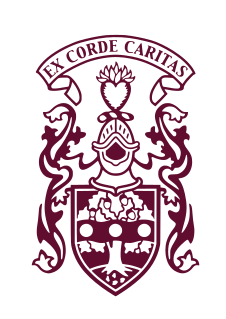
Major Sir Murdoch McKenzie Wood OBE, DL was a Scottish Liberal politician.

Orkney and Shetland is a constituency of the House of Commons of the Parliament of the United Kingdom. It elects one Member of Parliament (MP) by the first past the post system of election. In the Scottish Parliament, Orkney and Shetland are separate constituencies.
Francis Sheed Anderson CB, was a Scottish businessman, civil servant and Liberal Party politician.
Sir Arthur Probyn Jones, 2nd Baronet, was a British barrister, baronet and Liberal Party politician.
Charles Hampton Johnston QC, MA, LLB, was a Scottish Sheriff and a Liberal Party politician.
John George Jenkins CBE, was a Scottish farmers leader, TV presenter and a Liberal Party politician.
Lionel Henry Daiches, was a Scottish QC and Liberal Party politician.
John Gray Wilson QC was a Scottish advocate, writer and Liberal Party politician.
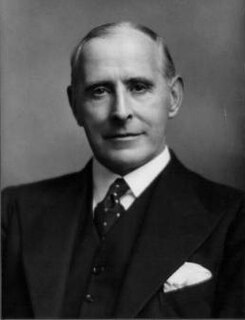
James Rankin Rutherford was a Scottish Liberal Party politician. He was the Provost of Kirkintilloch 1931−33 and Convener of the County Council 1939-1945.
Arthur Peters, was a British Liberal Party politician who was previously Chief Agent of the Labour Party and finally Mayor of Croydon.
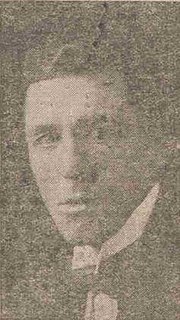
Cuthbert Snowball Rewcastle, was a British judge and Liberal Party politician.
William Mitchell KC was a Scottish advocate and Liberal Party politician. He was Sheriff-substitute of Selkirkshire.
Henry Paterson Gisborne JP, was a prominent British Solicitor and Liberal Party politician.
Hon. Harold Burge Robson, was a British soldier, barrister and Liberal Party politician.
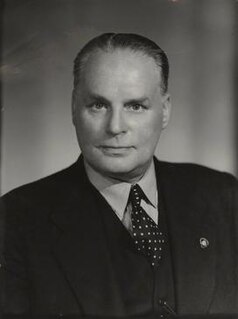
Edwin Bayliss OBE, was a British politician who was notably Chairman of the London County Council.
Major Sir Geoffrey Ernest Tritton CBE DL, was a British businessman, soldier and Liberal Party politician, who later joined the Conservative party.
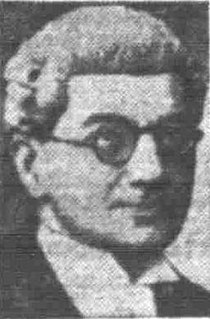
Ralph Cleworth QC, was a British lawyer and Liberal Party politician.
The Gateshead by-election was a Parliamentary by-election. It returned one Member of Parliament to the House of Commons of the United Kingdom, elected by the first past the post voting system.
Prof. Donald Frederick Leach CBE, was a Scottish physicist and Liberal Party politician who later joined the Labour Party.
Robert Ian Aonas MacInnes QC, was Sheriff of Lanarkshire and a Scottish Liberal Party and Scottish Labour Party politician.

